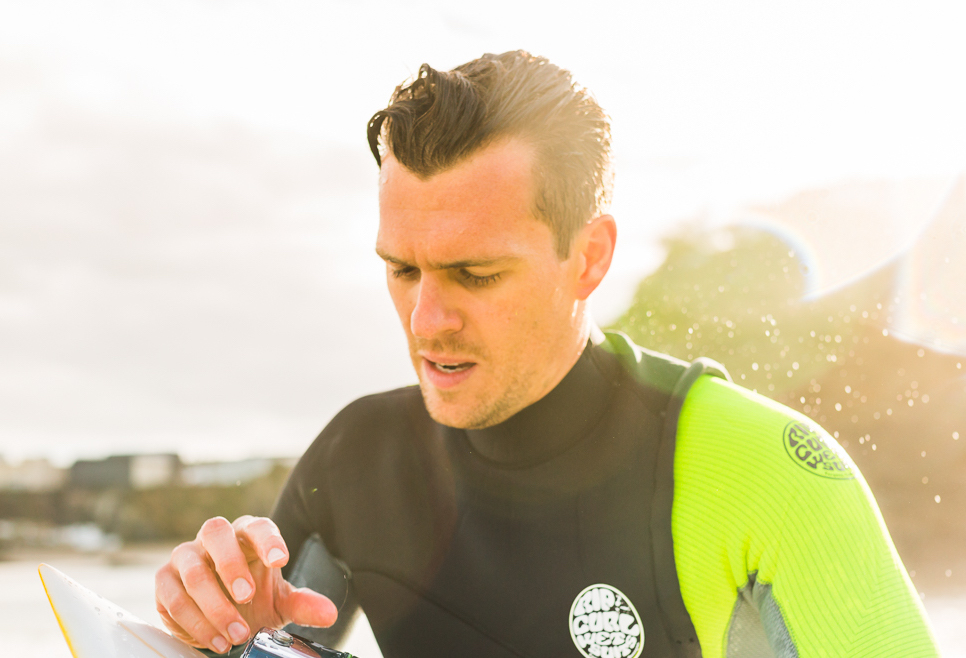EcoFlow Glacier review: top-tier off-grid fridge for a top-tier price
It’s arguably the coolest cooler we’ve laid eyes on, but this box of tricks is only for the most affluent of adventurers

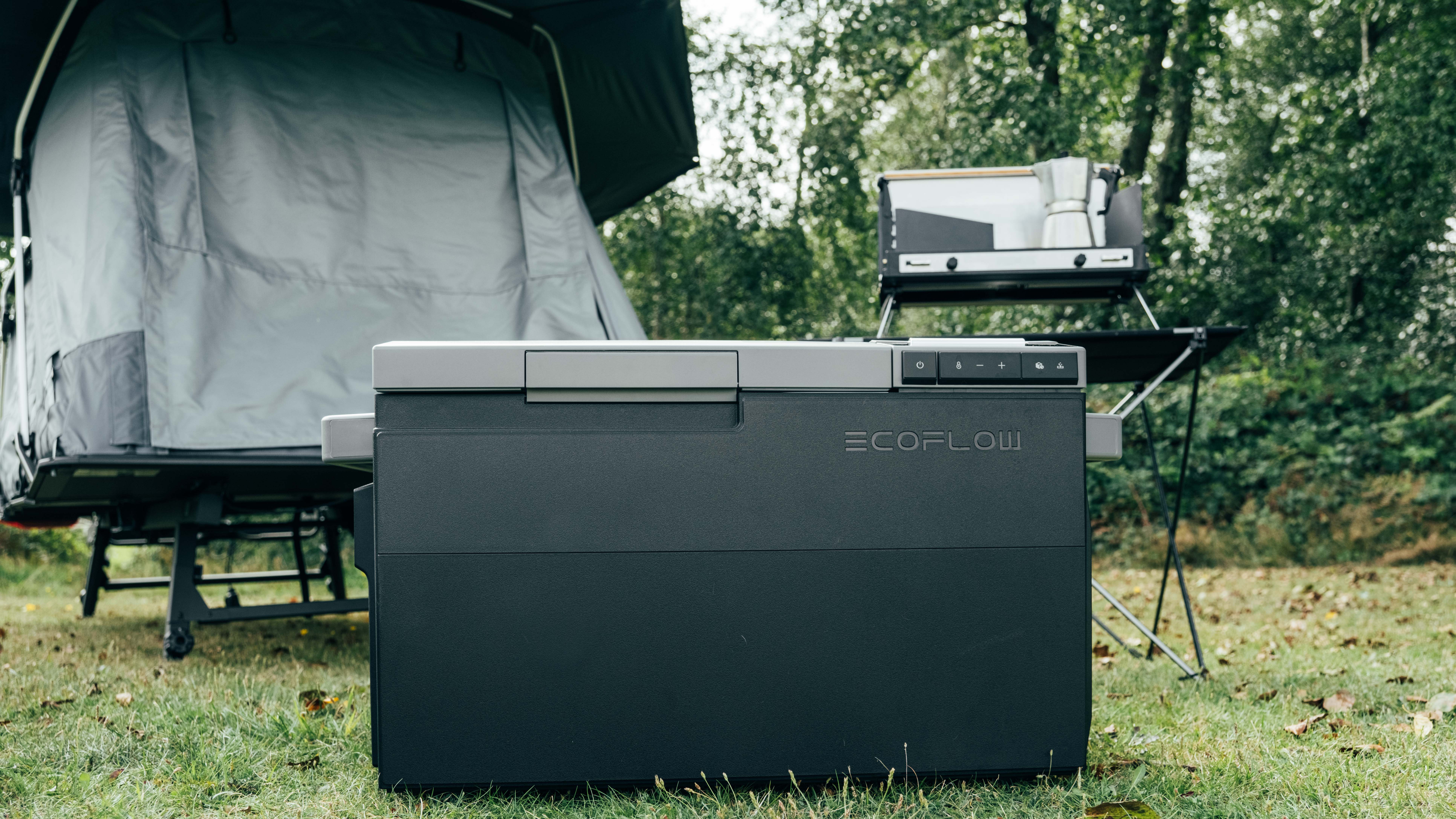
The tech at work in the EcoFlow Glacier is mind-blowing, with the ability to create a dual-zone fridge and freezer alongside an ice-maker that pops out freezing cubes in around 20 minutes. In fact, this outdoors gadget performed better than the refrigerator in my kitchen. It also cost about twice as much.
-
+
Battery-powered for off-grid adventures
-
+
Impressive cooling and freezing
-
+
It looks fantastic
-
-
It’s very pricey
-
-
Optional extras are expensive
-
-
Battery life no way near as good as advertised
Why you can trust T3
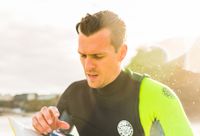
EcoFlow has rapidly grown from an obscure manufacturer of outdoor portable power stations and off-grid charging solutions to an absolute power house of robotics, smart devices and even home power storage solutions.
Among those gadgets is a potent, portable air conditioning unit (The Wave), which runs on its own battery and can cool tents in even the hottest climates. There’s also the Blade robotic "lawn-sweeping" mower, which looks like something from Terminator: Judgement Day.
But it is the outdoors and camping kit that form the foundations of the business, with innovations like the Delta and River series of portable power station now replicated by plenty of emerging brands.
The Glacier camping cooler, tested here, is an extension of this outdoors and travel product line-up, able to run on one of EcoFlow’s previously mentioned power stations, or through its own rechargeable plug-in battery packs. These can also be topped up via an EcoFlow solar panel.
As you can see, it’s very easy to get dragged into EcoFlow’s ecosystem of off-grid living essentials, with pretty much everything you need to boss that #vanlife or live out your extreme remote working fantasies without giving up the creature comforts.
However, all this stuff doesn’t come cheap, and the Glacier set-up tested here costs almost £1,600/$1,500. Is that sort of outlay really worth it for some ice cold beverages in the woods?
We packed our sleeping bag, loaded up the Glacier with tasty treats and headed for the wilderness to come up with a definitive answer.
Get all the latest news, reviews, deals and buying guides on gorgeous tech, home and active products from the T3 experts
EcoFlow Glacier review
Price and availability
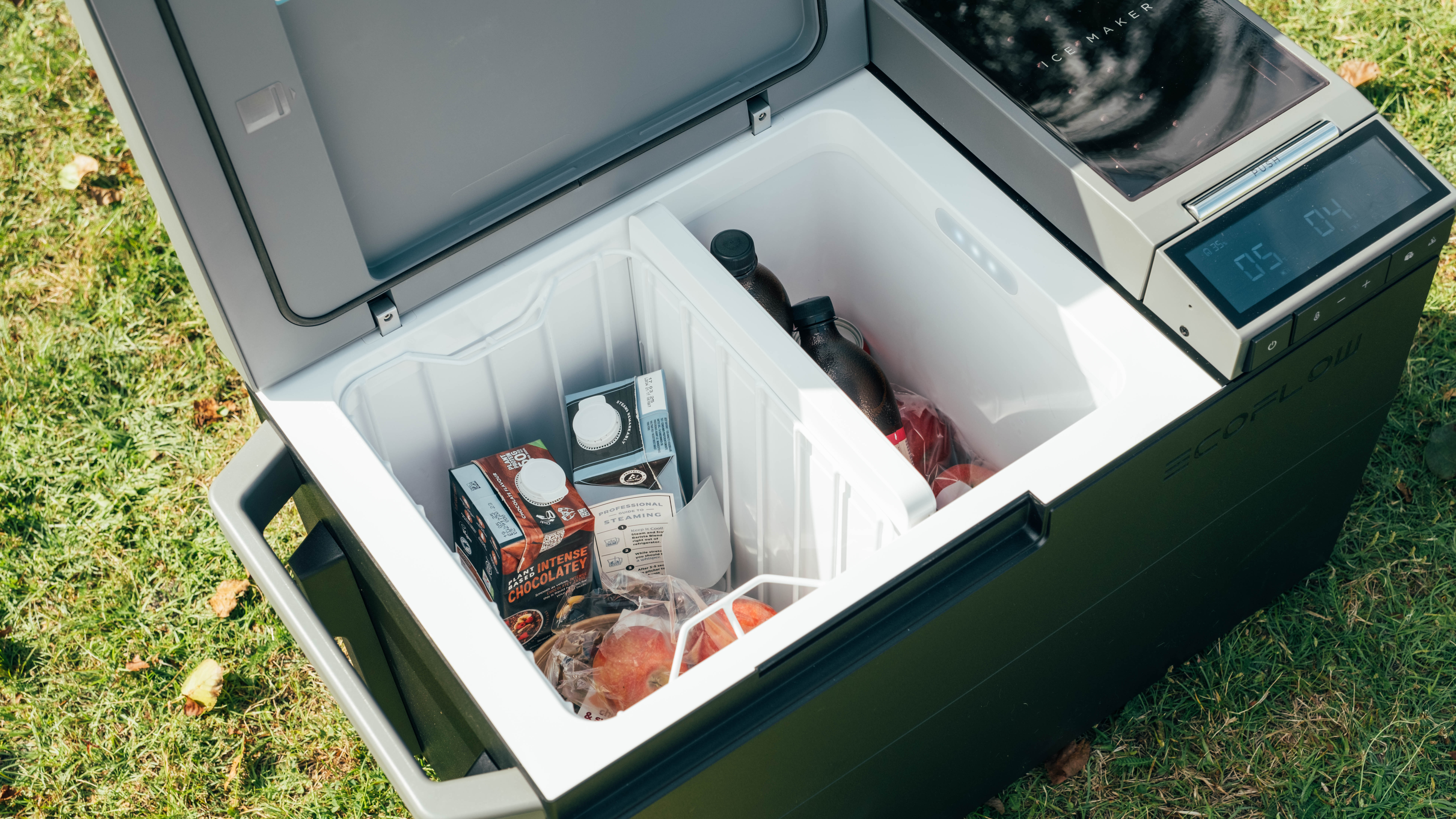
EcoFlow sells directly to the retailer through both its UK and US websites, where you can find the base Glacier for £1,049 and $999.99. However, this unit doesn’t come with a battery pack, so you will have to rely on 12V DC power from a vehicle or AC power from a standard plug socket.
Obviously, this isn’t exactly easy to come by when wild camping, so many buyers will opt for the Glacier with a battery pack, which is on promotion at the moment for £998 (a no-brainer, then) or $1,199.
EcoFlow will also sell you a bundle with two batteries - pretty much essential as this review will reveal - as well as kits that come complete with a plug-in battery and a 110W portable solar panel, so you can effectively run the cooler forever, should there be enough sunlight.
This all encompassing package comes in at £1,498 or $1,199 in the US, where there is currently a $600 saving on the bundle. But that’s before you’ve added the detachable wheels and carry handle - both additional extras. You can see how the bill quickly adds up.
Specifications
- Interior volume: 38L (40 qt)
- Dimensions: 776 × 385 × 445 mm
- Refrigeration temperature range: –25°C to 10°C (–13°F-50°F
- Power rating: 120W
- Weight: 23kg
- Noise level: Ice making: 52dB; Refrigeration: 42dB
Design and build
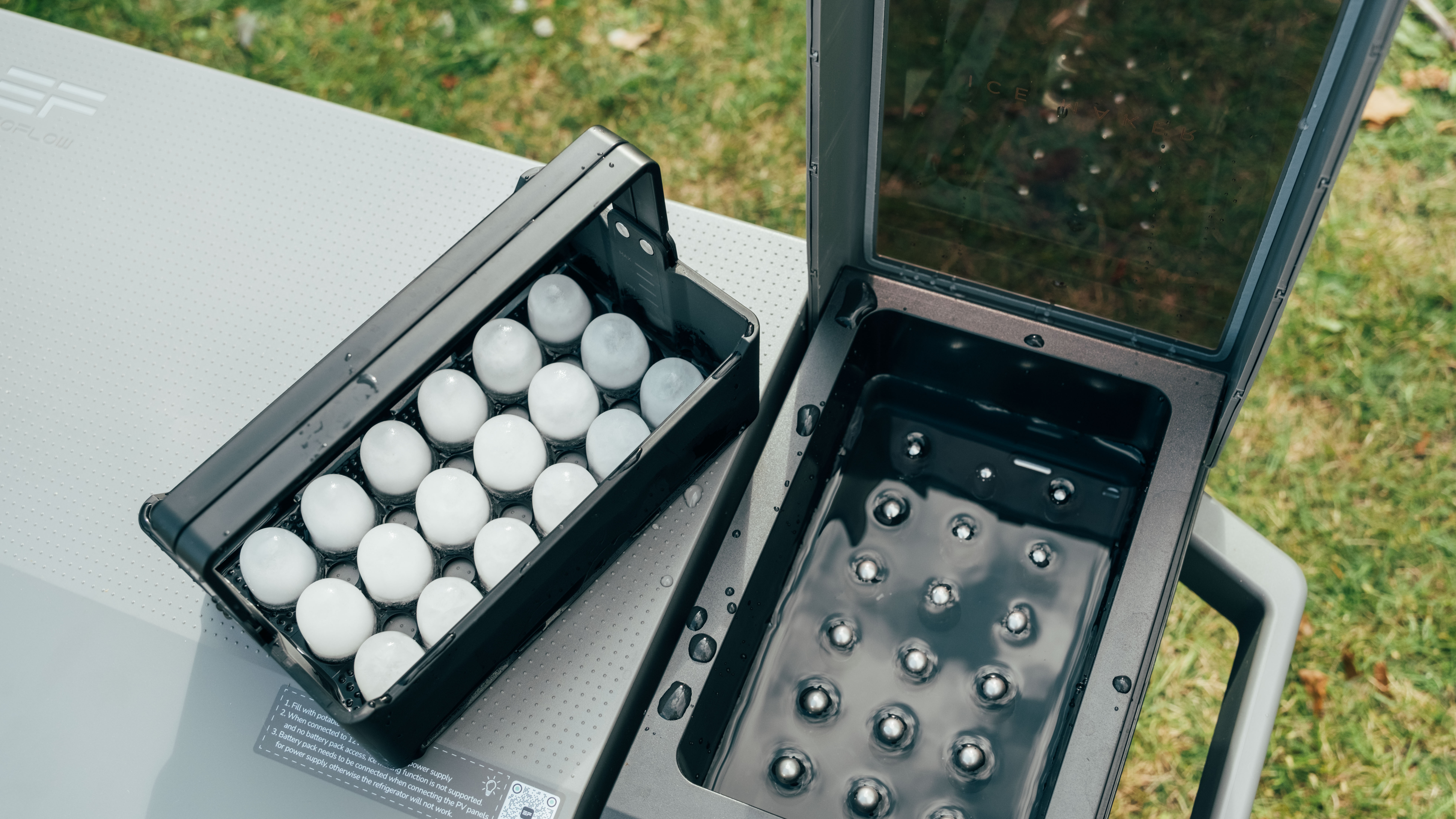
Hands down, the EcoFlow Glacier is the smartest portable cooler I have ever had the privilege of testing. The grey and black colour scheme lend it a premium feel, while the handles and lids are all finished to highest standards. It certainly feels expensive.
There’s also a neat opaque door that houses the ice cubes, which magically form in front of your eyes if you having nothing else to do when slobbing around the campsite.
Finally, the digital display takes care of the overall temperature, but can also be used to create a dual-zone cooler where the separate zones can be adjusted independently. It works well if you need a frozen section and one to keep food and drinks cold.
If pressing buttons isn’t your thing, you can always download the EcoFlow smartphone app, which hooks up to the device via Wi-Fi and offers remote control over cooling, power consumption and ice-making functionality, even when you don't have a data connection.
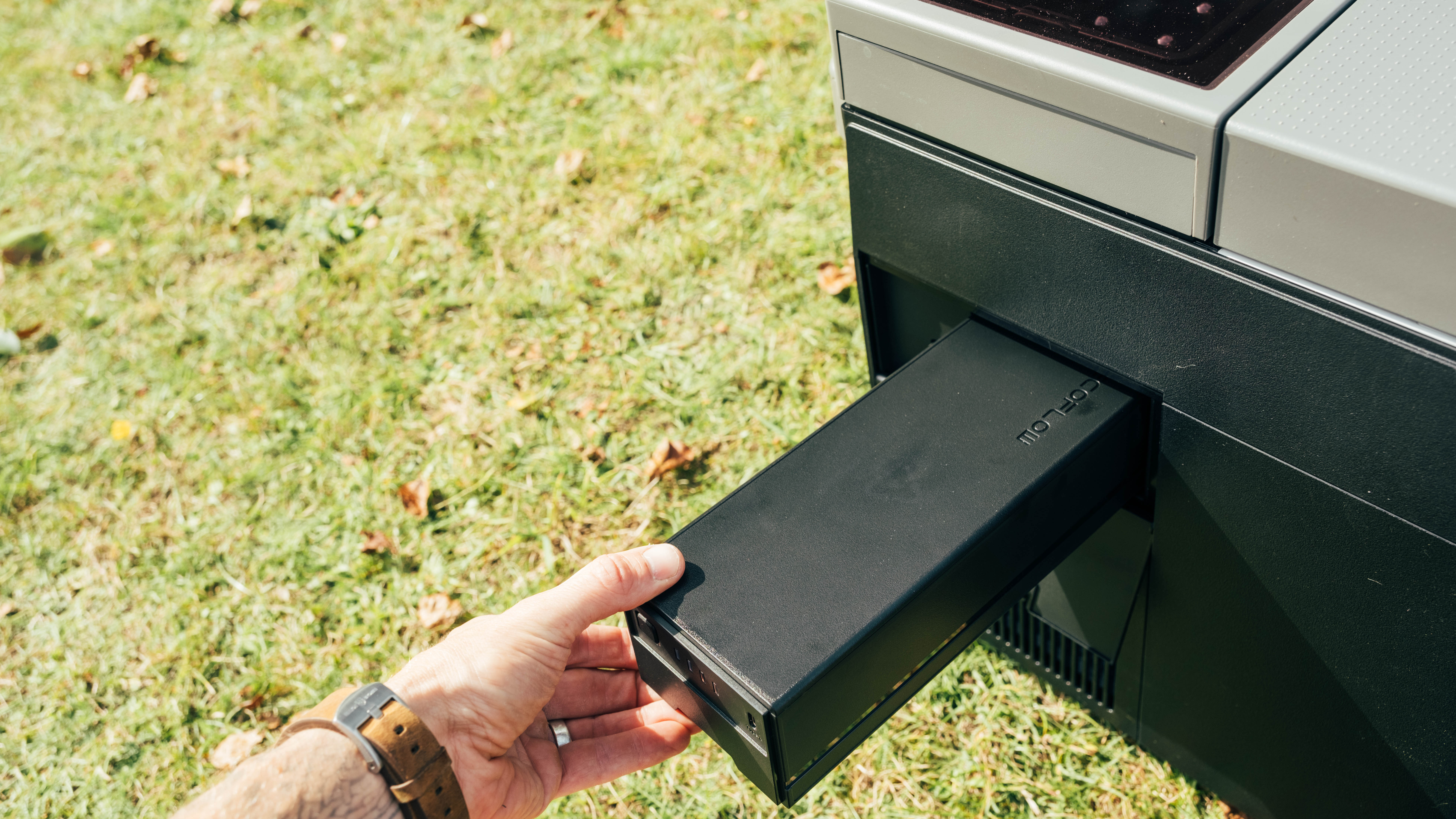
Around the back, there’s a flap for sliding in the large EcoFlow Plug-in battery packs, which are typically sold separately, but allow you to run the refrigerator without needing access to electricity.
These are also a prerequisite if you want to use solar power - with alternate options being investing in an EcoFlow power station, such as the River and Delta series, and hooking that up. The Glacier won't run on solar alone, instead it uses the sun's rays to trickle charge the battery packs.
But these removable battery packs are the neatest solution and keep everything stowed away nicely. Just note that sliding one of these in adds to the already hefty 23kg you have to lug around. If you don’t opt for the wheels and telescopic handle, like I did, that’s backbreaking work, especially when the cool box is full of goodies.
Finally, the same battery packs can also be used to power USBC-C devices, such as a laptop. Simply open the flap and plug directly into the output that’s located on the face of the battery pack.
Performance
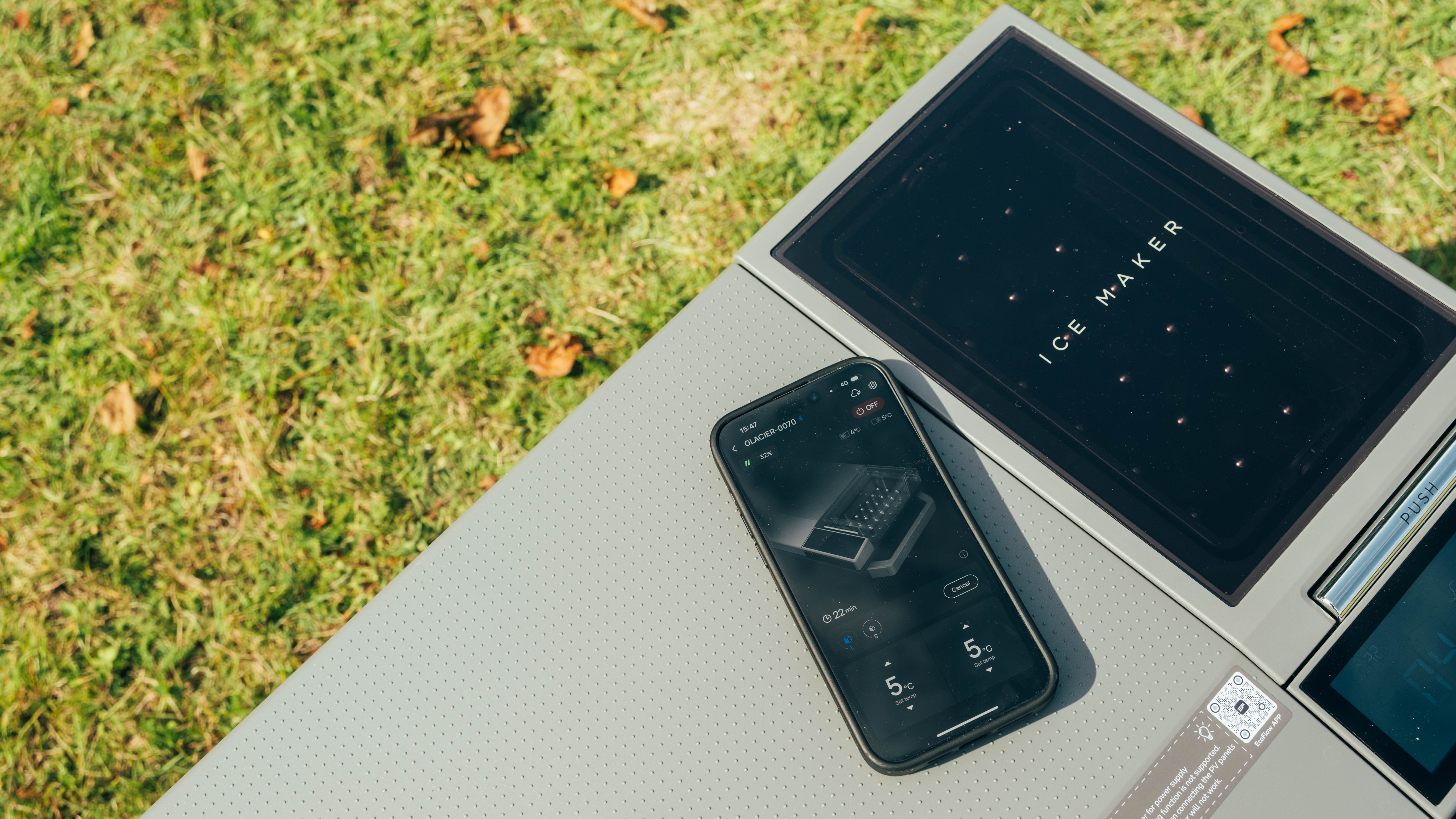
For this test, I went away for a couple of days with two of EcoFlow’s Glacier batteries full to the brim with charge. I plugged them in and set the cool box to a single zone set-up of 5°C to keep drinks nice and cold, while ensuring chilled food stayed, erm, chilled
It is British summer time, so the ambient temperature fluctuated between 18°C and around 23°C when the sun decided to show its face.
Impressively, the EcoFlow Glacier managed to get down to the required temperature in the time it took me to pick up some essentials from the shops. Call it 15 minutes in total.
However, this cooling had already made a considerable dent in the battery life, with the digital display revealing that I only had around 70% charge remaining. With groceries procured, I loaded it all up and headed for the back of beyond.
It is worth noting that EcoFlow offers a unique divider inside the Glacier, which automatically switches the refrigerator switch from dual to single zone. The divider also neatly stashes the lid so you don’t lose it.
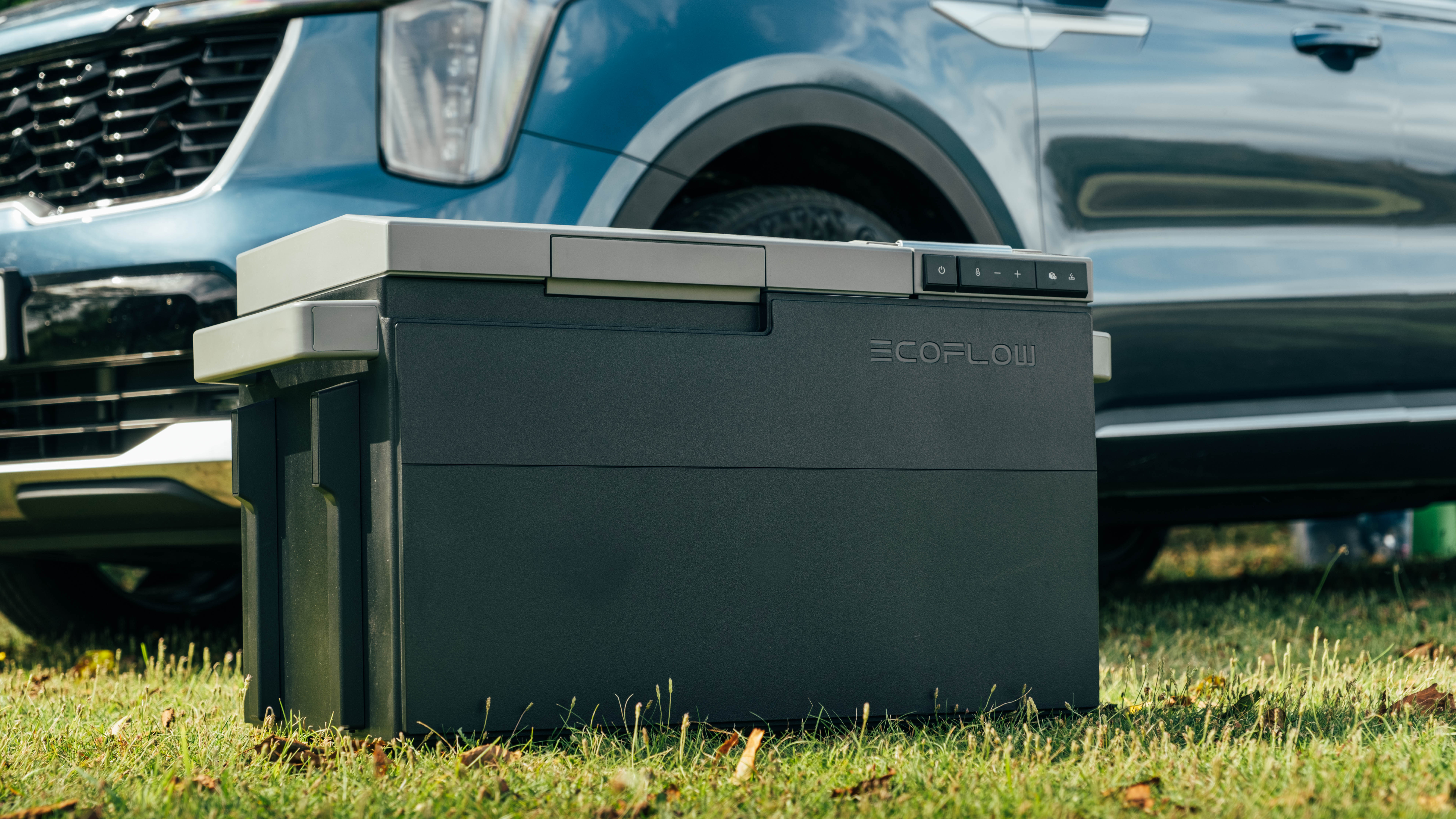
At this point, it would have been sensible to hook the Glacier up to the vehicle’s 12V socket when driving to save battery life, but I only realised this about an hour into the journey, which had seen a pretty serious dent made in the battery pack already.
No problems, I plugged it in to the 12V lighter socket and carried on, with the Glacier cleverly keeping the fridge cool and topping up the battery packs at the same time. The removable battery packs also charge via the USB-C slot on the face of them if you want to do it that way.
Once at the campsite, the Glacier’s batteries were almost full again and the interior had remained super chilled. EcoFlow has also added two ultra-bright LED panels that automatically illuminate every time the lid is opened so you can see contents in the dark.
But perhaps its most impressive party trick is its ability to make 18 ice cubes, either large or small, in rapid time. First, you have to fill the ice maker up with potable water and then select either large or small cubes via the app or by pressing the physical buttons.
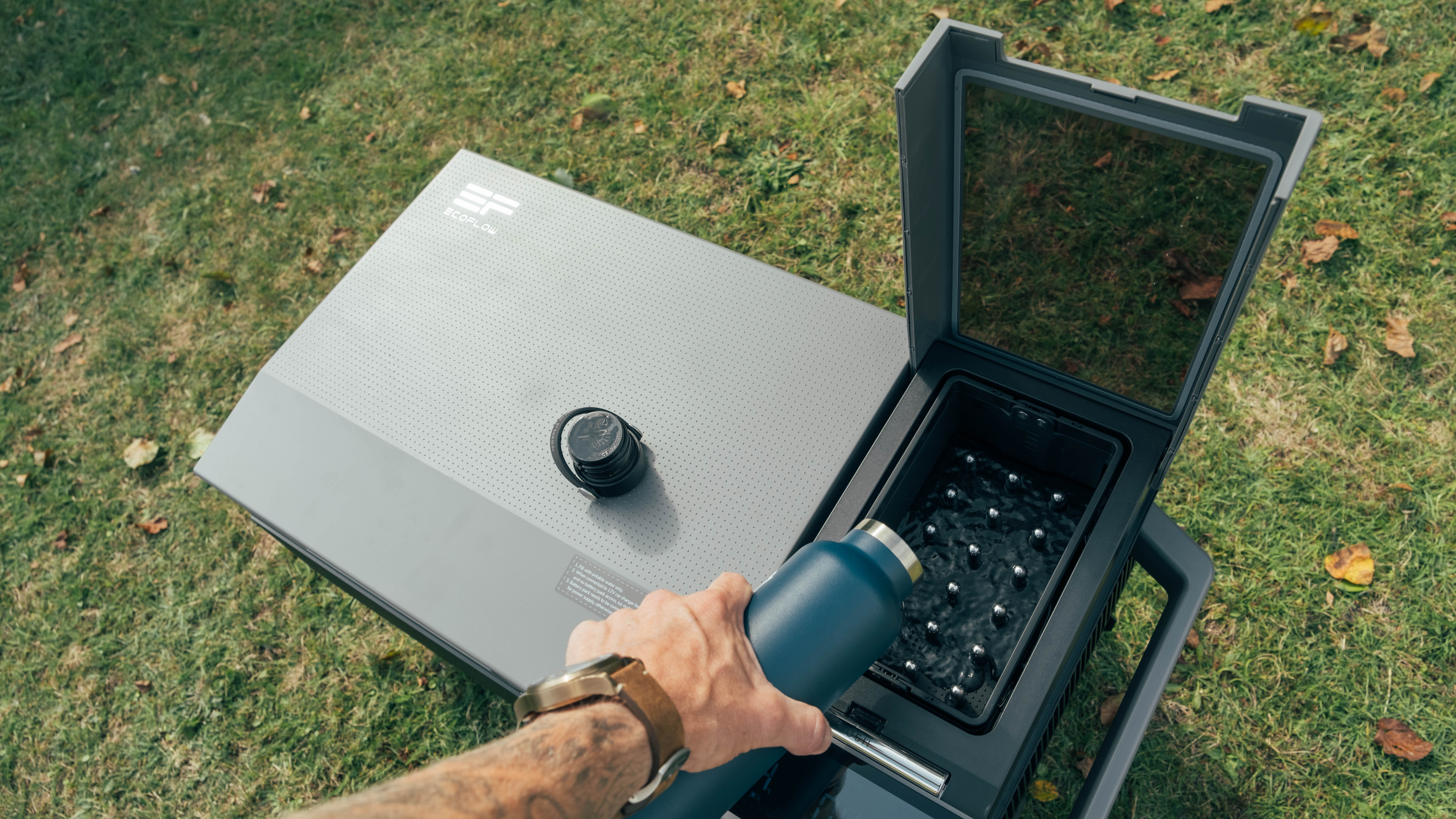
There’s then a count down, both on screen and in the app, before the metal pins start magically making massive ice cubes, while another button releases them from the unit. It took around 20 minutes to make large ice cubes when I tested it.
However, I stupidly didn’t realise there was a small hose located at the side of the Glacier to drain off any excess water and made quite the mess the first time I removed the ice tray.
It’s all very cool and a must-have feature if you’re hosting an outdoors drinks party or simply want to impress fellow campers, but it hammered the Plug-in battery life and is perhaps best reserved for those with continuous power on tap.
The same goes for when creating a dual-zone freezer set-up, as this also saw the onboard batteries drained in rapid time. EcoFlow states up to 40 hours in full EcoMode, but I reckon I managed about six when testing all of the functionality.
It is possible to be much more frugal, limiting the amount of time the lid is opened, opting for less frigid drinks and putting the unit in eco mode so it uses the compressor less frequently, but I think I would still struggle to achieve 40 hours of cooling from a single battery.
Verdict
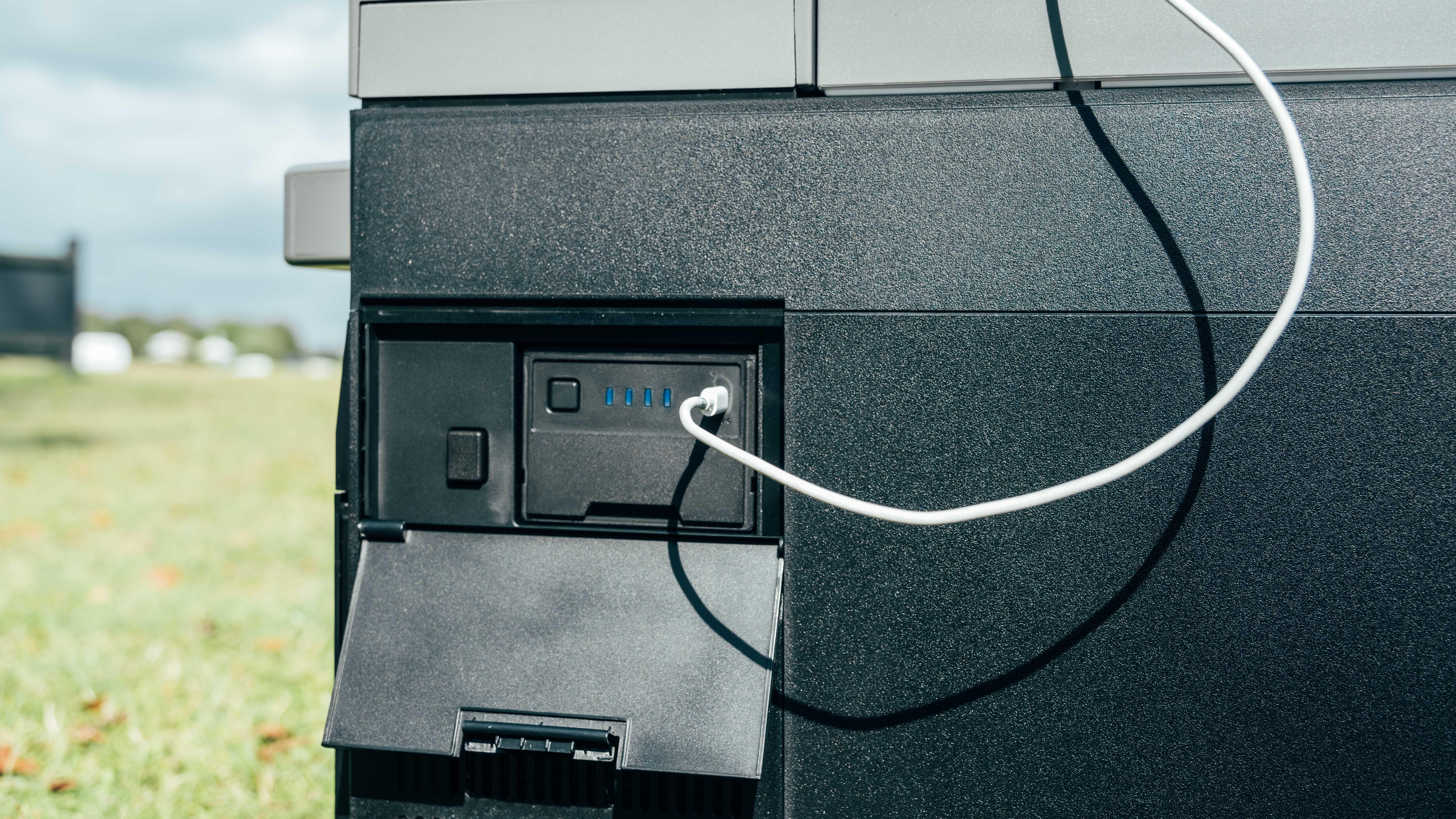
The EcoFlow Glacier is an impressive off-grid cool box that can be powered in many ways. If you are clever and run solar, or pack one of EcoFlow’s other portable power stations, it is possible to run the fridge for several days without having to plug it in.
However, if you are only relying on EcoFlow’s Plug-in battery packs alone, you might be a little disappointed with the overall run time.
There’s also no getting away from the fact that it is expensive and you can part with a fraction of the price and get one of the best camping cool boxes that will keep things cold for days using nothing but ice.
But then ice is annoying, it tends to make things inside the cool box soggy, it also makes the cool box really heavy and tends to run out mid-camping session, meaning foodstuff becomes rather questionable towards the end of the trip.
That's not the case with the Glacier, it is an inherently cool product, proving quiet when operating, really easy to use and accurate in its temperature readouts and cooling consistency. You just need to use it a lot to get your money's worth.
Leon has been writing about automotive and consumer tech for longer than he cares to divulge. When he’s not testing the latest fitness wearable and action camera, he’s out in a shed fawning over his motorcycles or trying not to kill himself on a mountain bike/surfboard/other extreme thing. He's also a man who knows his tools, and he's provided much of T3's drills coverage over the years, all without injuring himself.
